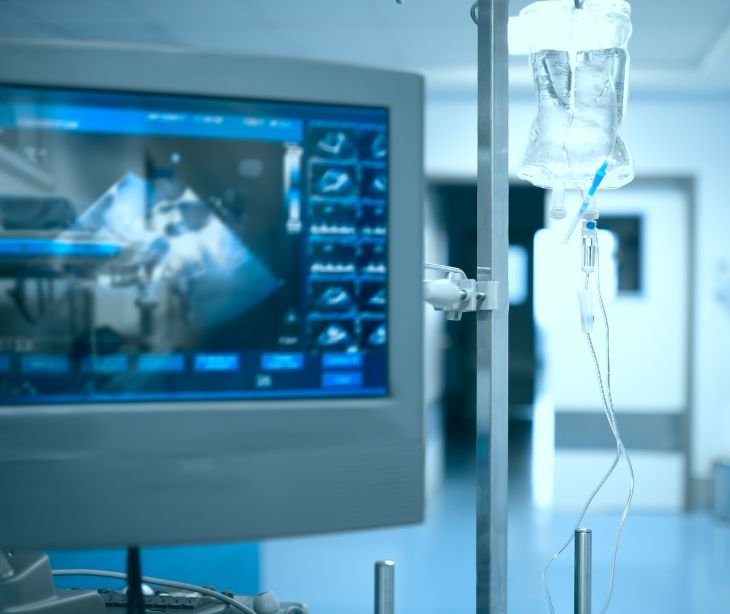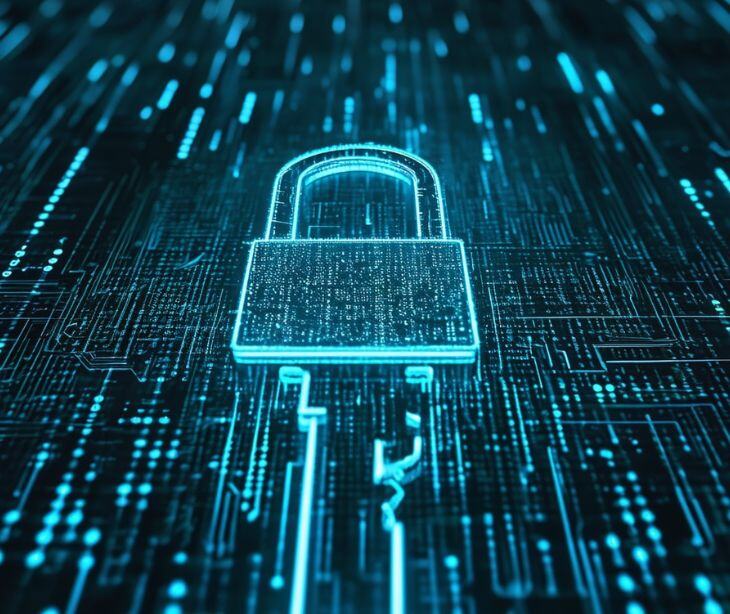
The healthcare industry is a prime target for hackers, with more breaches occurring in this sector than any other. As healthcare providers, understanding and addressing the top healthcare data security threats, can help safeguard sensitive patient information.
Mobile data access
Mobile data access has revolutionized how healthcare providers work with their patients. It allows physicians to access critical information on the go, make informed clinical decisions, and update patient charts in real-time. However, a significant healthcare data security threat comes with the convenience of mobile data access. Unsecured mobile devices can easily fall prey to cybersecurity hackers, resulting in data loss or breaches.
Read also: HIPAA and mobile devices
Ransomware
Ransomware is one of the most common and disruptive healthcare data security threats. It is malicious software that blocks access to a computer or files until a ransom is paid. Thousands of hospitals and healthcare organizations have fallen victim to ransomware attacks in recent years, resulting in substantial financial losses and compromised patient data.
Preventing ransomware attacks requires a comprehensive cybersecurity approach. Regularly backing up data using a cloud-based system can mitigate the damage caused by a ransomware breach. By ensuring that you always have access to the most recent versions of your data, you can minimize the impact of an attack. However, prevention remains the best defense. Invest in your IT department, keep software up to date, and train your employees to recognize phishing emails and other attempts at breaching your system.
Read also: What is ransomware and how to protect against it
Lack of security education
Data breaches in healthcare are often caused by unauthorized access or disclosure, which can be prevented by providing adequate security education and procedures to staff members. Every healthcare practice should have a comprehensive security procedure, with in-depth training being the first step. To enhance healthcare data security, it's necessary to regularly train your team on security protocols and evolving healthcare standards. A quick refresher can reinforce policies and remind employees of the importance of data security.
Related: How to train healthcare staff on HIPAA compliance
Poor software security measures
In addition to data encryption and automatic backups, strict access controls are critical to ensure that only authorized individuals can access sensitive data. Embrace the principle of least privilege, granting users the minimum permissions necessary to perform their job functions. Limiting user access makes it significantly harder for individuals to access or change data they are not supposed to.
Read more: Access control systems in healthcare
Outsider threats
Traditional health practice technology often lacks sufficient safety measures, making them vulnerable to breaches. By leveraging secure, encrypted, and frequently maintained software, healthcare providers can significantly reduce the risk of data breaches. Implementing the same preventative measures to safeguard against ransomware attacks can also help thwart other outside threats.
Subscribe to Paubox Weekly
Every Friday we'll bring you the most important news from Paubox. Our aim is to make you smarter, faster.



